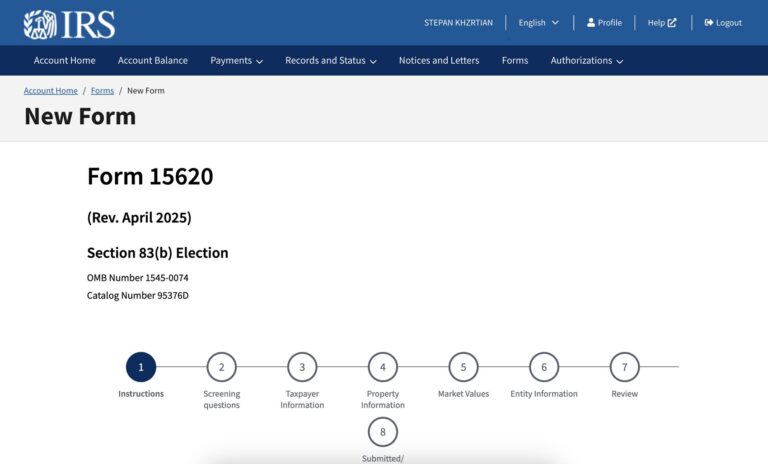This is the fifth post of Mistakes Founders Make, a series of blog posts that shine light on legal mistakes that startups commonly make and attorneys have to fix. Keep in mind that the post sacrifices detail for simplicity and is for informational purposes only. It should not be taken as advice — whether legal, tax, or other — and does not create an attorney-client relationship.
Just the basics
What’s the problem?
At some point, a startup will consider raising money and/or exit (unless it’s a fully bootstrapped lifestyle business). When that time comes, the investor or acquirer are going to take a really close look at the company’s documents. However, founders often forget this “moment of reckoning” (aka due diligence) will happen one day and, so, don’t keep the investor’s/acquirer’s perspective in mind when going about preparing or maintaining their legal documents.
How bad is it?
Could get pretty bad. Ignoring matters that normally come up in due diligence — such as making sure you have all the documents you need and that these documents have language that investors are familiar and comfortable with — normally results in more stressful data room preparation and, thus, higher legal fees and delays in closing.
How do I avoid this?
Make it a habit to have a quick check-in with competent startup counsel at significant points in your journey, especially before signing documents. Also, keep your legal documents complete and organized in one place – something Corpora can help you with.
What is “due diligence”?
Due diligence is the process where a third party – normally, an investor or acquirer – do an in-depth review of your documents to make sure everything is in order before they make an investment or acquisition.
The documents reviewed in due diligence usually encompass a broad range of areas: corporate, financials, securities, employment, intellectual property, all kinds of significant agreements, and so on. As a rule of thumb, it includes any document that bears legal significance or may have an impact on the current and future overall health of the company.
When does due diligence take place?
For an early- to mid-stage startup, due diligence normally takes place as part of a priced round or an acquisition (whether its assets or stock being acquired). It usually starts right after the term sheet (in a priced round) or the letter of intent (in an acquisition) is signed. For simplicity, we’ll focus on the priced round scenario in the rest of this post.
So, what’s the problem here?
Since the startup will likely undergo due diligence at some point (unless it’s a fully bootstrapped lifestyle business), it will have to make sure investors are comfortable investing. From a legal perspective, this usually means two things: (a) the startup has all the documents it needs, and (b) the documents have language that are familiar to and acceptable for investors.
Prudent founders keep the investors’ perspective in mind when making decisions on significant matters – including as to the preparation and maintenance of their legal documents.
Oftentimes, however, I see founders forgetting about this “moment of reckoning” — they’ll have to deal with investors one day. The state of legal documents are put on the back burner until it’s time for due diligence, which usually means piling up “legal debt” (like “technical debt”) over years. The result is a frantic and stressful period of several weeks where the startup’s attorney scrambles to make sense of the startup’s documents and plug in any gaps – resulting in higher legal fees and delays in the closing.
How can I avoid this problem?
“Prevention is better than cure” is the mindset to adopt here.
Having a 10-minute call with a knowledgeable startup attorney at each critical point in your startup’s journey — especially before signing important documents, such as a term sheet — can go a long way in terms of avoiding headaches (and fees) down the line. You’d rather do your legal documents once and do them right, instead of winging it now and having to pay a multiple premium to have it fixed later.
That addresses one side of the problem. The other aspect is keeping all your documents in order so you don’t have a hard time finding them later. That’s where the product we’re building can help. Beyond simply keeping your documents in place, Corpora also shares helpful tips on commonly made mistakes and provides alerts if you’re missing a critical document.








